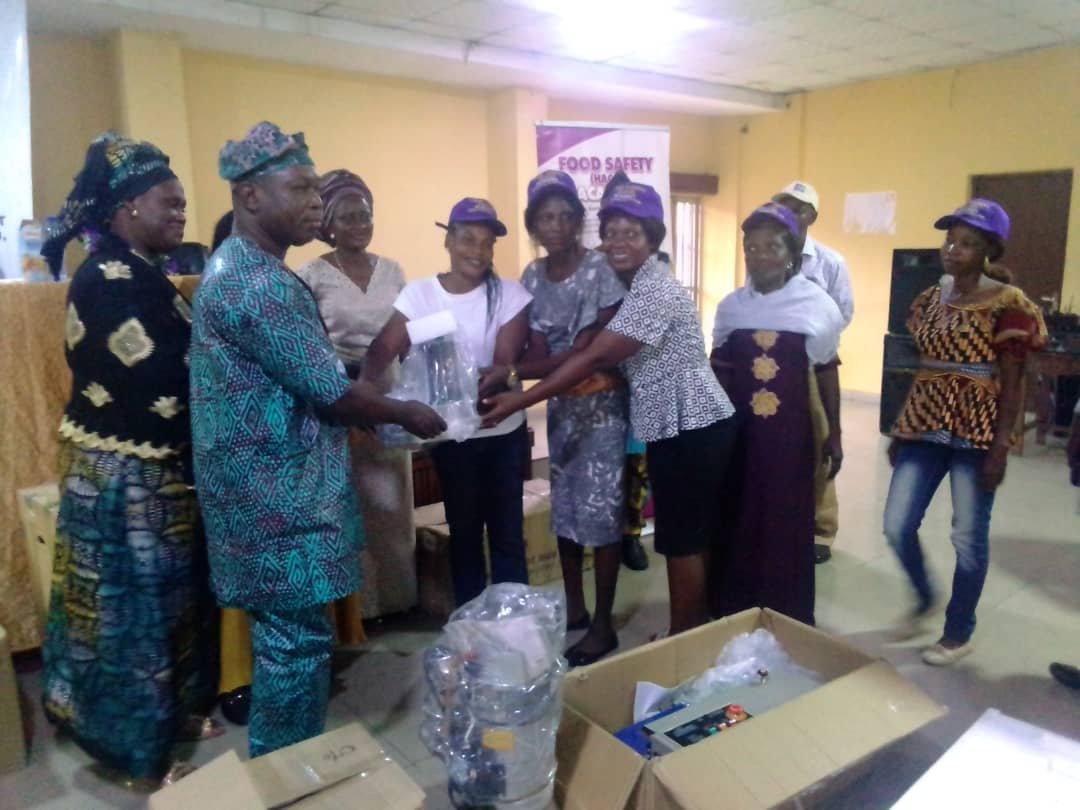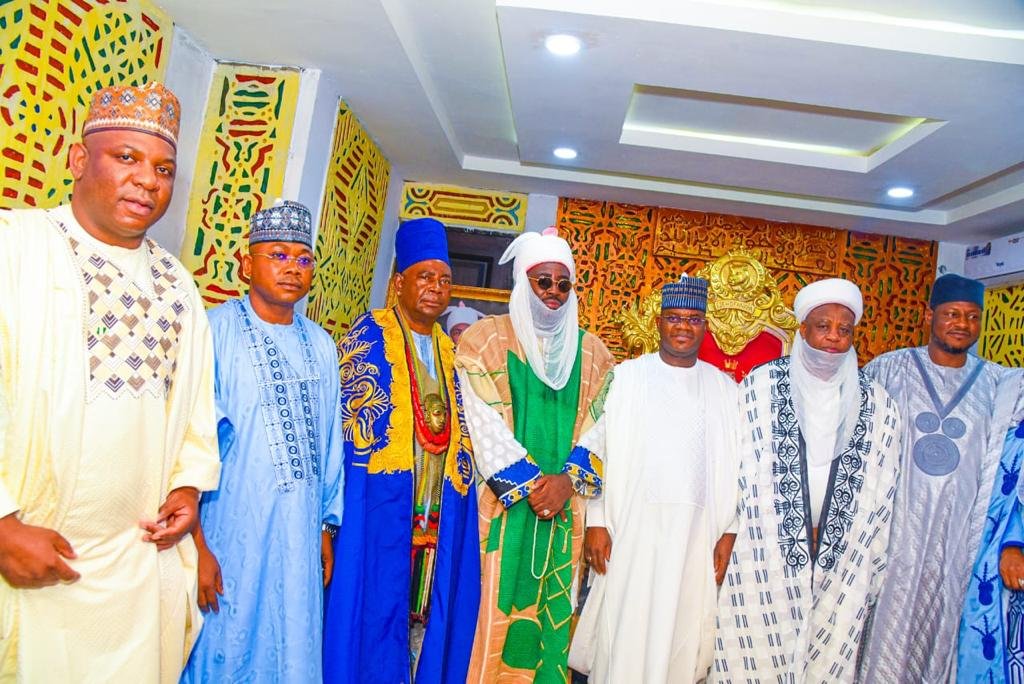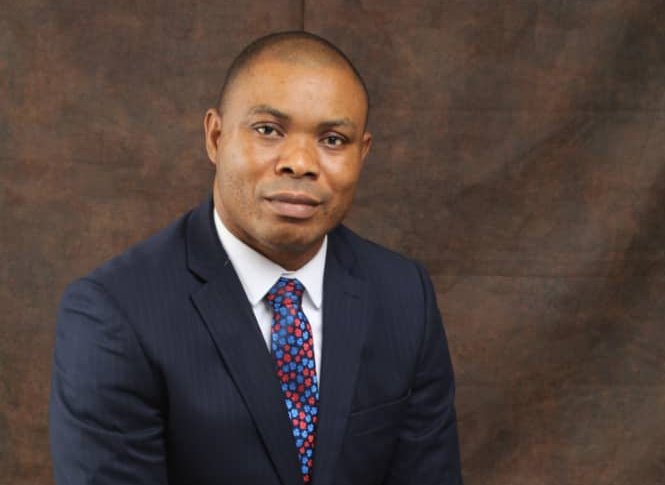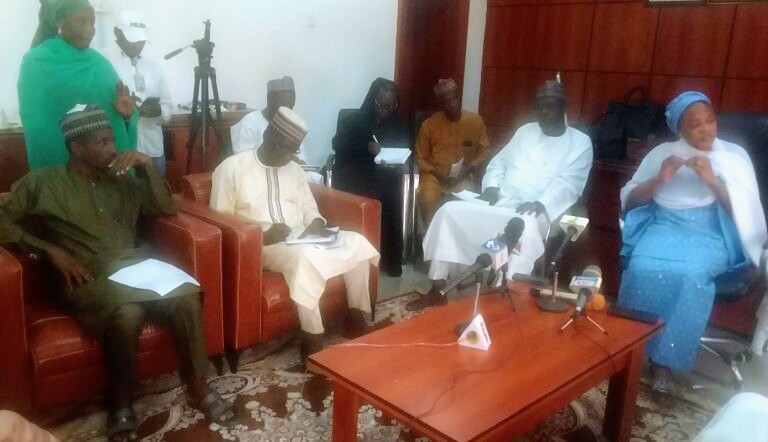Ile-Ife history deeper than what is available in academic institutions — Ooni
By Dorcas Elusogbon
The Ooni of Ife, Oba Adeyeye Ogunwusi, Ojaja 11, has said that the history of the ancient city of Ile-Ife is deeper than what is available in academic institutions.
Ooni disclosed this on Saturday during the press conference on the theme: “International Conference on Ile-Ife and Yoruba Civilisation: The Nexus between Tradition and Modernity”, held at his palace in Ile-Ife.
He lauded the organisers of the event saying that it would pave the way for proper documentation of Ile-Ife history.
“As the 51st Ooni of Ife, in the third dynasty of Ife, i noted that there are so many facts that were not written down about the nexus of tradition and modality.
“Our oral tradition has not been adequately written down, so many facts and figures were distorted from the original history of Kaaro-o-o-jiire.
“For me to build the legacy for the entire Kaaro-o-o-jiire race, that is known as Yoruba people, we are discovering every day that our history is deeper than what we have in various academic institutions,” OOni said.
He commended the team led by Prof. Siyan Oyefeso, as very passionate and fantastic people working together to put history in the right perspective.
The royal father revealed that Ghanians had traced their lineage to Aga-Ako in Ile-Ife and that Euthopians are sons and daughters of Oramiya in Okerewe, Eredumi ruling house in Ife till date.
‘Kenya, Uganda and Tanzania categorically told me when i travelled to their countries that they migrated from Ile-Ife and they are sons and daughters of the source, while all these cannot be found in any archive.
“We are leading the team globally, nobody has documented the three dynasties, only the last dynasty, Ife Akanlubebe, which am the 51st Ooni, was documented to a large extent.
“But the two, Ife Oodaye and Ife Ooyelagbo, some professors talked briefly on them, but during this internatioanl conference, the duo will be deeply rooted.
“Their rulers, supernatural beings that form these dynasties like: the Luwos, the Agbaakos., the Oromos, Oranmiyans, all over the continents of Africans, the Bantoos, the Baribas will be dealth with,” Ooni added.
Oba Ogunwusi tasked the indigenes to support the conveners of the conference in order to properly document the history of their race.
“If we fail to do it this time around, nobody will do it for us, we cannot be waiting for any western country to continue with wrong documentation,” he said.
Earlier, Oyefeso, a Lecturer at the Department of History, International Studies, Osun State University, said the conference is an international academic gathering that needs the royal blessing of Ooni.
Oyefeso said that apart from royal the blessing, the conference would deepen the body of literature on Ile-Ife and Yoruba civilisation.
He stated facts would be established that Ile-Ife is not just the cradle of Yoruba race, but a place where Yoruba identity was formed.
“Right from the Oduduwa revolution to the three phases of Ile-Ife history, Ife Oodaye, Ife Oyelagbo and Ife Akanlubebe has not been put in right perspective.
“We want to ensure that Nigerians are aware that before the 51st dynasty, there had been three phases and its the third phase that his royal majesty is now the 51st Ooni of Ife.
“So when people talk about the history of Ile-Ife, they talk about it in generic terms, we want to draw that distinction,” the convener said.
“The main purpose of the conference is to invite body of scholars at the international, national, state and local levels to reexamine the existing literature.
“And to come out with a new original and unsearched evidence which might have been unresearched. A number of experts in Yoruba history, archeology would be part of the conference.
“Eminent scholars overseas and Nigeria that would partake in the conference are:Prof. Cordelia Osasona, Professor of Architecture,OAU;Prof. Oyeronke Olademo, Professor of Coparative Religious Studies of the Unilorin.
Others include: Prof. Akin Ogundiran, Professor of Africana Studies, Anthropology & History of the Northwestern University, United States of America and the 18th President of the Society of Africanist Archaeologists among others.
“In less than eight years of Oba Ogunwusi on the throne, there are a lot of changes in the architectural and infrastructural landscape in Obafemi Awolowo University, Ile-Ife within the 60 years of establishment.
“Ile-Ife is now the home of tourism and hospitality, it is a great destination of today, Ooni is a proprietor of Ojaja University, Eyenkorin, Ilorin, Kwara.
“He established hospitality industry in the leading city of Nigeria today like: Ife Grand Resort, Ojaja Arena, Ojaja Cinema, Adire Odua hub, Ojaja More in Ife, Ede, Ibadan, Akure, Lagos among other cities,” Oyefeso expressed.
The historian said that Oba Ogunwusi had impacted greatly on Yoruba history and culture, encouraging archeologists and historians to partner by coming together to deepen their understanding, not just on the history of Ile-Ife but of the entire Yoruba race.
He said that the academic conference would hold between Oct. 10 and Oct. 12 at Ojaja Arena, Ife Grand Resort, Km 4, Ife-Ibadan Expressway, Ile-Ife.
“The Ooni has positioned Ile-Ife as a leading light in the making of modern Nigeria, embarked on several local and foreign trips to tie the loose ends and reestablish the cultural significance of the Yoruba race.
“Ooni is passionate about the preservation and restoration of the ancient city of Ile-Ife, since ascension to the throne,” he said.
The News Agency of Nigeria {NAN} reports that the conference would basically be on documenting the history of Ile-Ife in terms of culture, archeology, history, tourism, hospitality and international networking. {NAN}
Edited by Julius Toba-Jegede













